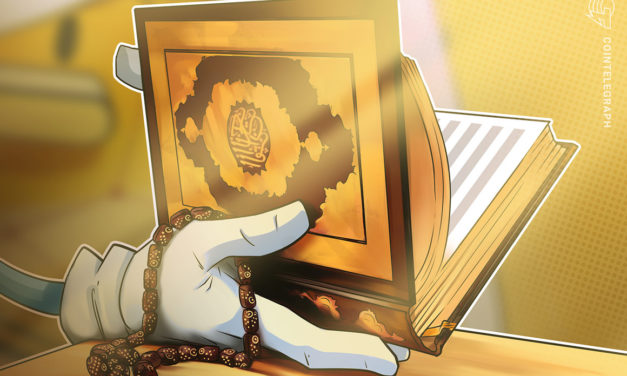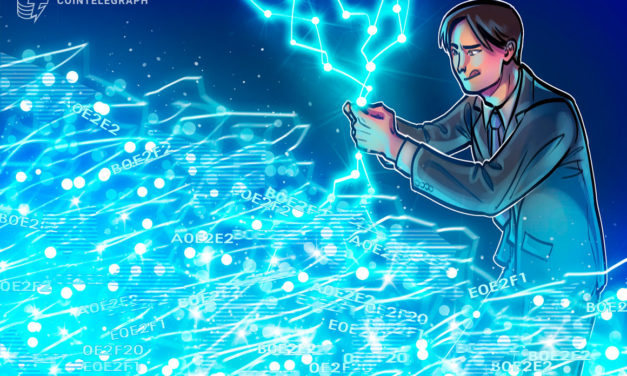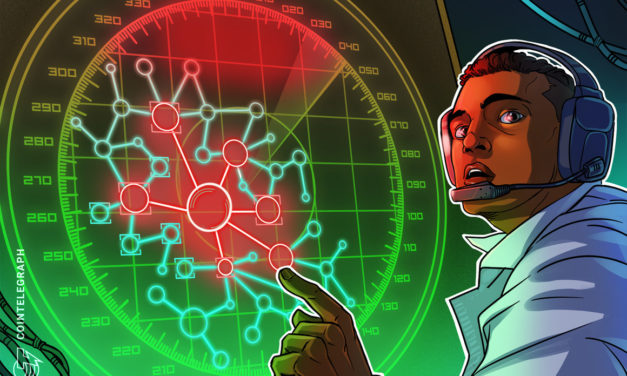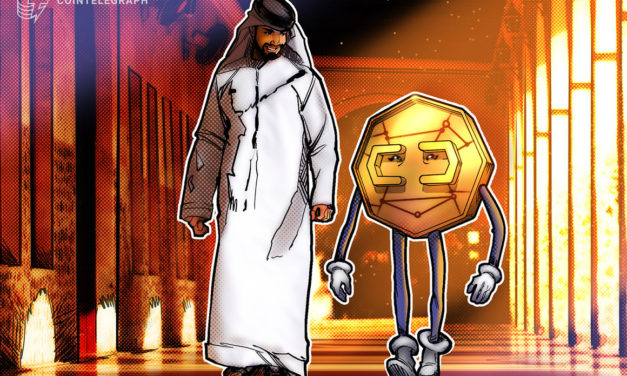NFT and Islamic education: A new frontier to teach religion?
The world is in the midst of a digital revolution and with it, the way we think about value is shifting. The application of nonfungible tokens (NFTs) to represent and transmit religious values and principles is one of the most fascinating manifestations of this new perspective.TheNFT is a very new technology, but there’s a lot of excitement about its potential. There’s a lot of enthusiasm for the possibilities that NFTs provide in various sectors, including education and religion. The ability of NFTs to help teach and pass on religious values and beliefs is particularly fascinating.Cointelegraph caught up with Deepali Shukla, the founder and managing director at MetaDee, a new London-based NFT marketplace that just launched exclusive handwritten Quran NFTs dating back to the beginning of Islam. The unique Quran manuscript, believed to have been composed between 632 and 1100 A.D., is now kept by the Custodian Family in Saudi Arabia. The copies have been authenticated and verified by the University of Oxford’s Research Laboratory for Archaeology and the History of Art after a thorough investigation.Shukla, a long-time collector and admirer of art, told Cointelegraph that she was compelled to connect the physical and virtual realms. She noted that in the NFT realm, a digital art token serves as the equivalent of the actual artwork. While explaining the role of NFTs in Islamic societies, she highlighted that:”Scriptures from ancient times, for example, are often heard but seldom appreciated in their fuller essence. Today, technology allows access to novel treasures from their exclusive realm, while at the same time, manifesting their goodness to the general public.”In the context of whether NFTs are halaal or haram, Shukla responded that Islam is usually taught with the goal of adjusting to the world’s ever-changing demands. She referred to crescentwealth.com.au, which states that NFTs might be used as a high-tech financial remedy against inflation. Muslims, on the other hand, must keep in mind that an NFT must adhere to halal principles, she noted.The digitalization of sacred art allows it to be readily available to the general public as well as Muslims who follow Islamic culture, according to Shukla. It aids in the dissemination of important messages from Islamic scholars, poets and Prophet Muhammad’s (PBUH) eternal teachings, she added.”With potential to reach non-Muslims and other institutions, NFTs could be easily accessed using mobile, laptop, and a variety of gadgets.”Shukla is a believer in blockchain’s potential to provide value and distribute Islamic knowledge. She said that universities may keep it on their cloud or network while users may access the information across platforms, adding that:”Digital learning and project sharing are inherent attributes of NFT technology. Ed-Tech lowers the cost of education, making inclusive learning easier for the underprivileged.”When asked about the potential benefit of properly utilizing NFTs for the Islamic community, Shukla said the NFT age appears to spell good times for the Islamic community. She cited MetaDee’s NFT version of the Holy Quran’s handwritten manuscripts from 1,500 years ago. She called it “the equivalent of entering a gold mine of cultural history,” and noted that it wouldn’t have been possible had it not been digitized and tokenized.
Čítaj viac






